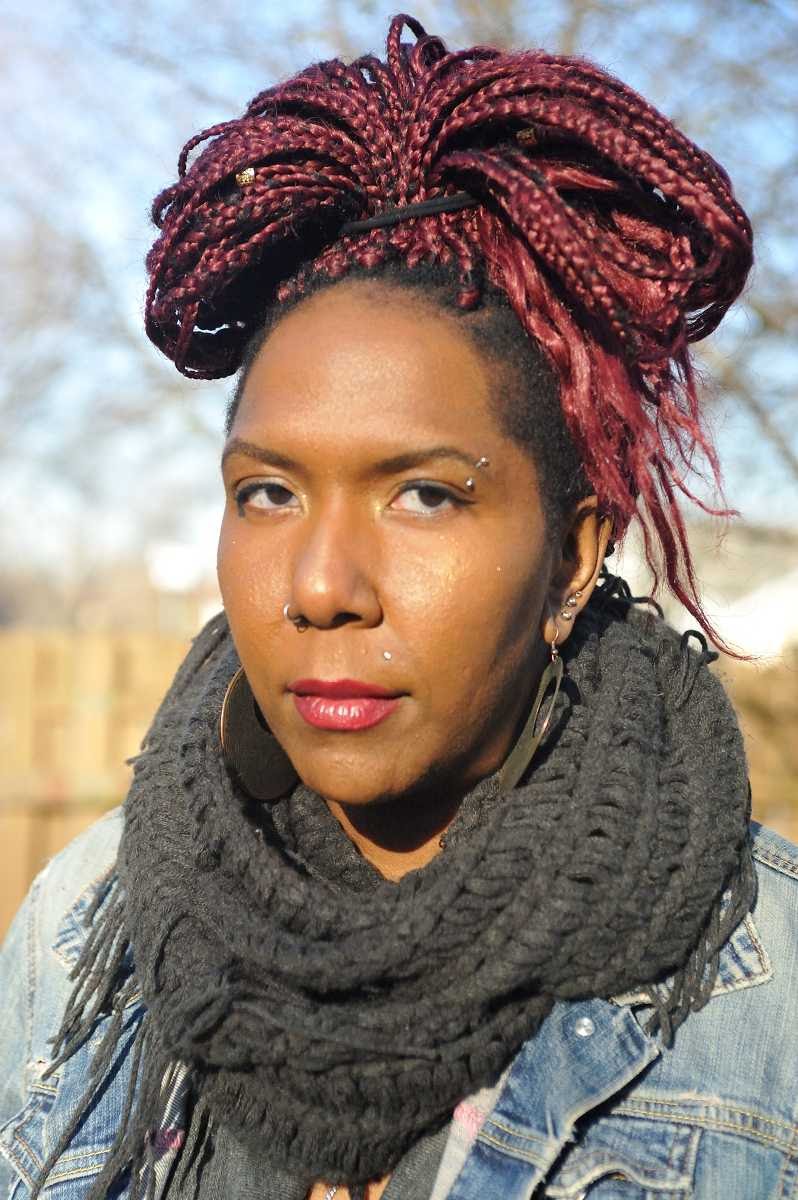It’s time to Rethink Fellowship in this “Black Panther” Moment
By Jenn M. Jackson

In my early twenties, when I was a newlywed and starting a family, I felt pressure to get more involved in church. I joined the choir, became a secretary in the young adult department, and started working directly with church leadership to build out new opportunities for young people there. The more I got involved at church, the more clearly I saw a clear divide between the older generations (e.g., between Baby Boomers and older folks) and the Millennials in the congregation.
I remember all the sneers the older congregants gave the young women who they thought were wearing skirts too short. I remember comments about how one young mother, “was always late to church.” However, I don’t remember many of them talking about the unique conditions facing young people who maybe didn’t have more than a few skirts to wear or who were coming from long distances with only a little gas in the tank to make it.
Years later when I moved out of California, I carried these words with me as my family and I tried to find a new church home. Nevertheless, I was confronted with a litany of misogynoir (racialized and gendered hatred toward Black women), homophobia, and transphobia, among other problematic ideas about young Black people.
All of these memories came flooding back to me the weekend Marvel’s Black Panther was released in theaters around the country. Since its official release, the film has broken virtually every record, including the highest number of presale tickets for any superhero movie ever and it has grossed over $700 million globally in its first week.
What has been even more significant about the premiere of Black Panther (and its all-star, predominantly Black cast) has been its influence on Black communities and fellowship-building amongst Black diasporic people in the United States. “It means everything. Representation, everything. We have our kids out here to see people who look like them reflected on the screen. To be a part of this really big cultural event. I don’t think we’ve been excited about anything like this as a collective since president Obama’s inauguration,” Erika Totten, a Black Lives Matter activist and Founder of To Live Unchained told Elle. “I don’t think we’ve been excited about anything like this as a collective since president Obama. It’s been a long time for us to be excited about something collective,” she continued.
This isn’t just true for Black Americans. Black Brazilians took to elite white spaces like Rio de Janiero’s “most exclusive shopping center,” in fellowship. For them, the movie signified a moment of protest and celebration. It was a time to gather without the limitations and voyeurism of white people.
For many Black people, including myself, Black Panther has transcended mere entertainment. It has become a cultural moment in blackness that fundamentally changes what it means to be in community with Black Diasporic people. Further, regardless of how one might feel about the protagonist or the climax of the film, one has to admit that this form of fellowship—being together without the boundedness of time, space, distance, or even imagination—might be a new form of “church,” one that we should take stock of, emulate, and embody.
In some ways, the community-building coming out of this Black Panther moment, across national differences, language barriers, and even continental divides, is better than the Black Church in which so many of us grew up accustomed. It is one of inclusion against exclusion. It is one of togetherness despite the divide.
Perhaps these lessons can be brought into church sanctuaries where young people are still trying to build their wardrobes, working extra hours to have enough money for both food and gasoline, and figuring out how to organize their personal lives to permit time for Black fellowship. I am hopeful enough to believe that our fellowship can contain the multitudes such a moment requires.





